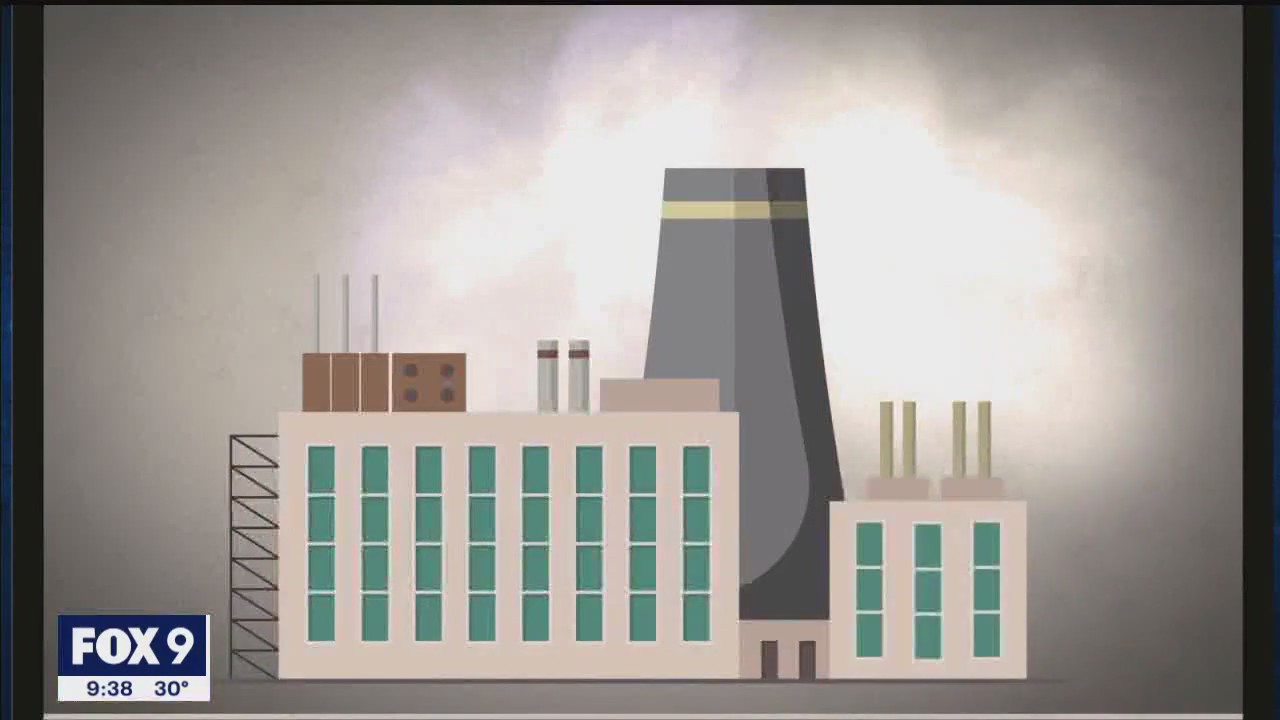Minnesota legislators consider action on PFAS in drinking water

Combatting forever chemicals at Minnesota capitol
PFAS or "forever chemicals" have become a renewed topic at the state capitol this legislative session, as leaders hope to curb exposure to future generations.
ST. PAUL, Minn. (FOX 9) - The eastern Twin Cities metro is notorious for its problems with PFAS chemicals after manufacturer 3M dumped waste containing the so-called "forever chemicals" in the area and contaminated the drinking water of thousands of Minnesotans.
PFAS chemicals have been used to manufacture household items, including non-stick cookware, carpeting and waterproof clothing. The chemicals have been linked to serious health problems including an increased risk of cancer.
"If we don’t have clean, healthy water, what do we have?" said Avonna Stark of the group Minnesota Clean Water Action.
While 3M announced last month its intentions to stop PFAS manufacturing by 2025, a variety of clean-up efforts in the East Metro are still underway.
"While the attention has been on the East Metro, wells and aquifers and water all over the state are impacted," said Stark.
At the Minnesota Capitol, there is a push for new legislation to stop contamination in the first place.
One measure is an outright ban, which would prevent the manufacturing of non-essential products in Minnesota containing PFAS chemicals.
"Essentially what the bill would do is things like cookware, things like carpeting, textiles, juvenile products, we're talking about car seats, we're talking about materials in cribs — children are being exposed to this as well," said Rep. Jeff Brand, DFL-St. Peter. "[The bill] would have a limitation, a period of time where they can actually sell the inventory, and then it goes away, and it's no longer going to be sold, it's no longer going to be manufactured in our state."
Another piece of the proposed legislative package is the disclosure bill, which would require manufacturers to say whether PFAS chemicals are in fact used in the products and how.
"By passing the information disclosure bill, we are making sure that consumers know what they’re bringing into their homes so they get to make that informed decision," said Stark.
A third measure would ban the use of a foam that contains PFAS during firefighter training. However, it would not impact the use of the foam during active fire emergencies.
"Anything that will increase the safety of our firefighters certainly has bipartisan support," said Sen. Judy Seeberger, DFL-Afton.
The package of PFAS bills are being pushed by members of the DFL. Some similar bills stalled in the Republican-controlled Senate last year. However, sponsors of this year’s bills are hopeful the proposed measures will go the distance.

